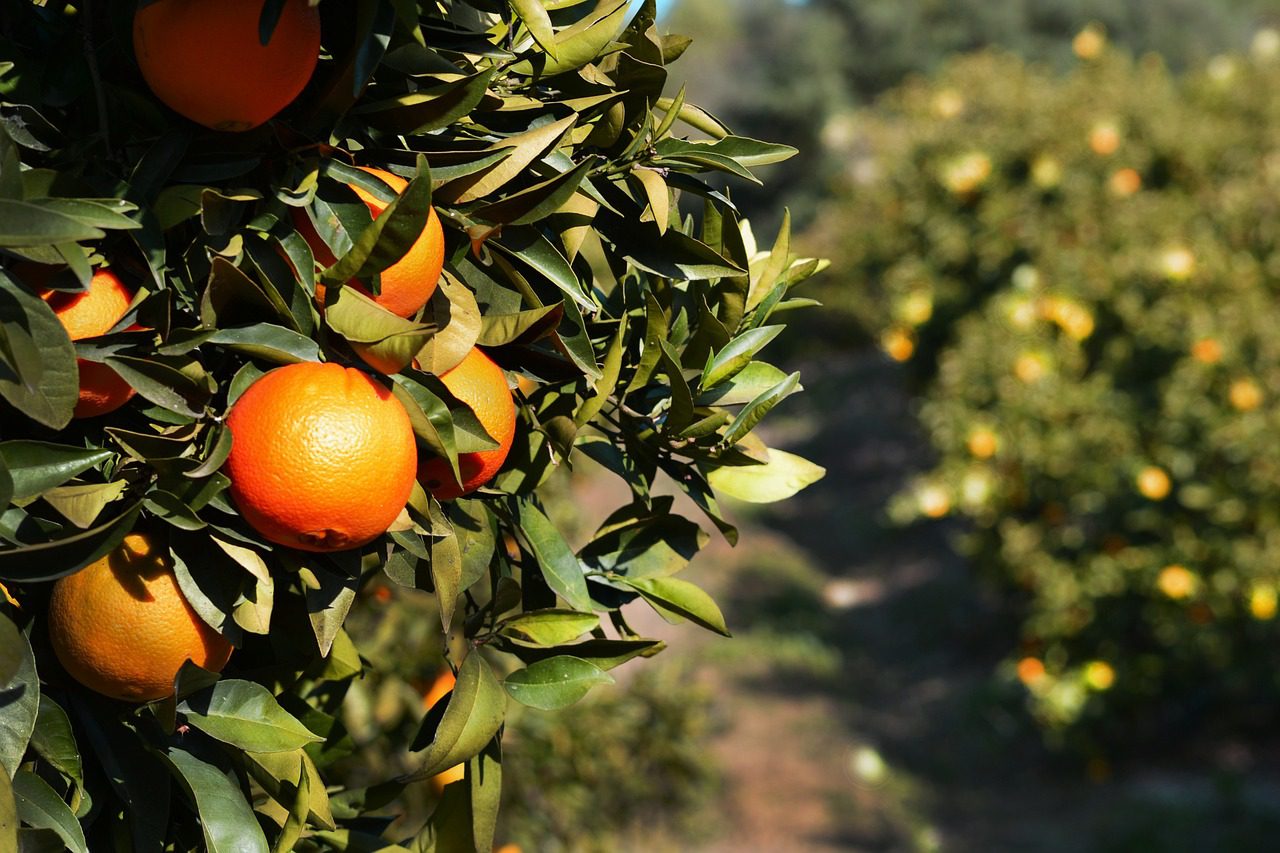An article written by three researchers with UF/IFAS takes a look at all the available citrus greening reduction strategies.
Citrus greening, also known as HLB, has been devastating Florida citrus groves since it was detected in 2005. Industry leaders and researchers have been searching for a treatment or cure ever since. A recent article printed on CitrusIndustry.com by three researchers with the University of Florida Institute of Food and Agricultural Sciences (UF/IFAS) outlines all of the treatments that have been developed for use as citrus greening reduction strategies. See a summary below.
Citrus Greening Reduction Strategies
The following are avoidance strategies:
Citrus Under Protective Screen (CUPS): Citrus is grown under a large screen tent to keep the Asian citrus psyllid—the vector that spreads citrus greening—from reaching new citrus plantings and infecting them. Current CUPS operations show promise in keeping citrus HLB-free and producing high-quality fruits. Downsides include the high start-up and maintenance costs, and the potential for diseases to be encouraged by the high humidity levels within CUPS enclosures and other pests that can still cross the screen barrier.
Individual Protective Covers (IPCs): These utilize the same concept as CUPS, but on an individual scale. Young citrus trees are covered with a screen bag, keeping out the Asian citrus psyllid, for up to two years. Studies have shown that trees under IPCs flush earlier, have better tree health, and have a lot more chlorophyll than those without IPCs.
The following methods aim to increase a tree’s tolerance to citrus greening:
Development of HLB-resistant or tolerant varieties: Researchers have developed several varieties that show tolerance of HLB, and continued research and development is ongoing.
Bactericides: These chemicals are meant to reduce the citrus greening bacteria within the tree. Some studies have shown success with bactericides, while some grower experiences have not. Studies into the improved delivery of bactericides are ongoing.
The following methods focus on managing Asian citrus psyllid (ACP) populations:
Metalized Mulch: metalized polyethylene mulch is used on young citrus trees has been shown to “disorient psyllids from colonizing citrus, reduces HLB incidence and improves yields significantly,” according to the article.
Insecticide Spraying: ACPs have developed resistance to many different insecticides, so a rotation is recommended and could include soil-applied systemic neonicotinoid (4A mode of action) insecticides and foliar sprays. The authors recommend following recommendations in the Florida Citrus Production Guide.
Spraying with kaolin clays: Kaolin clay has been shown to reduce ACP colonization when sprayed on citrus trees.
Biological controls: According to the article, “Predators, the parasitoid Tamarixia radiata and entomopathogenic fungi all reduce psyllid population growth in the urban and commercial environments. “
Griffin Fertilizer is committed to helping both growers and ranchers make sound agronomic and economic decisions in order to maximize the health of their grove and pasture. As a full-service custom dry & liquid fertilizer blender and crop protection product distributor, we will continue our mission to further advance Florida agriculture. For questions or concerns about your farm or pasture, contact us and one of our team will be in touch.

